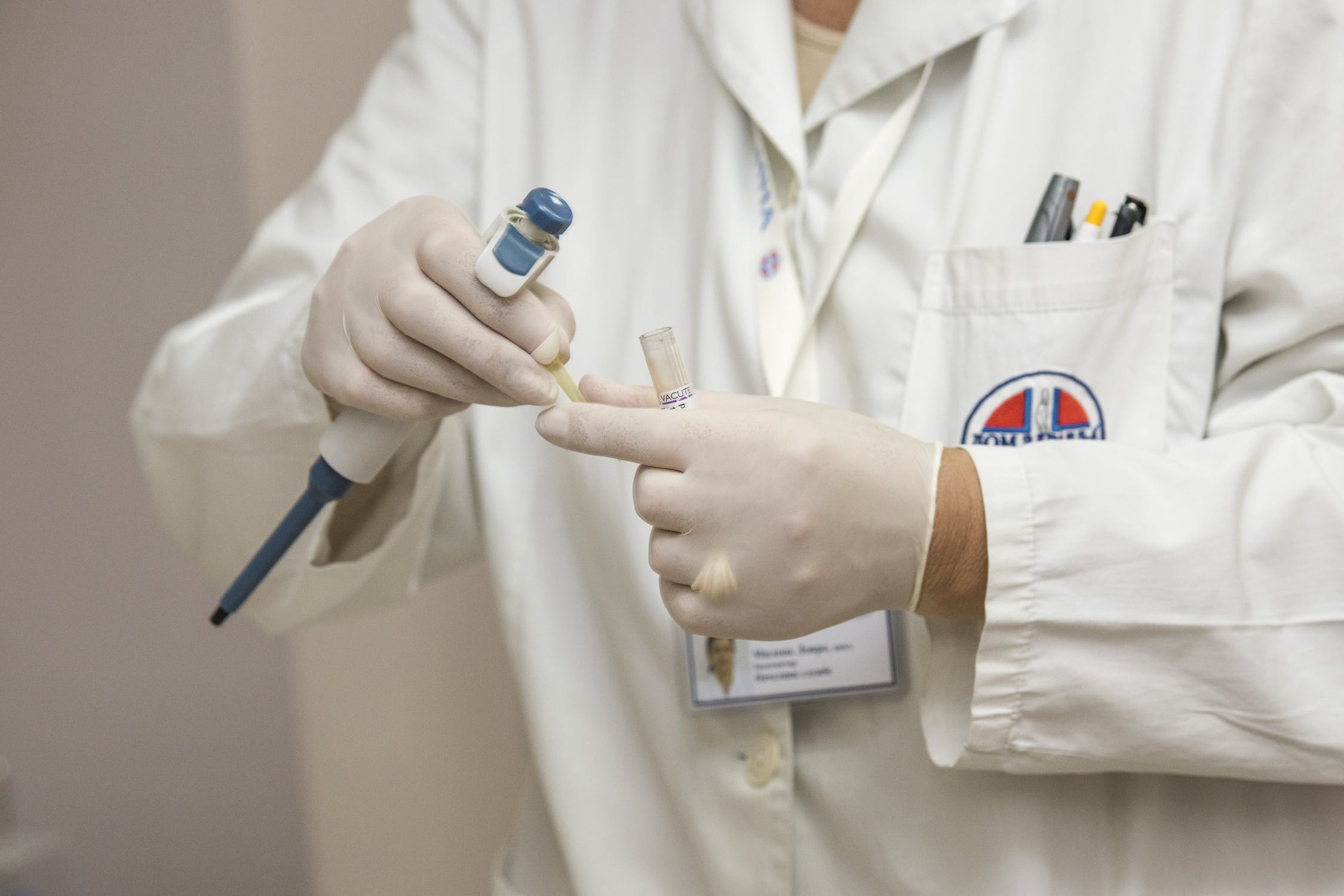Not too long ago, I was asked to talk to a group of 4th year medical students about physician innovation and entrepreneurship and the business of biomedicine and care delivery. I asked the roughly 50 people in the audience how many intended to go into private practice or work for a private group. One lone hand sheepishly pierced the air. When asked why, student loans and not wanting to "mess with all that practice management and business stuff" topped the list.
That's too bad because, in the present environment of care delivery, not matter where or how you work, your ability to navigate the business of medicine hurdles and practice physician entrepreneurship instead of just practice management will determine whether you white coat gets the pink slip. That's because:
- No matter how much someone contracts to pay you, they will only be able to do so if you generate enough revenue, plus profit, to cover your salary, benefits, loan forgiveness or bonuses.
- As an intrapreneur, you will be expected to generate value for your employer.
- Value based contracting will force your organization to manage your costs and revenues and will depend on you to play nice with others to do so.
- As more graduates finish with an entrepreneurial mindset, intellectual property ownership issues will become more pressing and included (or intentionally omitted) from employment contracts.
- Women physicians have challenges when it comes to income inequity and work-life tradeoff accommodations.
- Over 50% of employed docs change jobs within 3 years. Things are a bit different for employed academic docs.
- Rural physicians and their spouses also have specific challenges.
- The changing business environment of medicine will affect your well being more than whether to prescribe the next new new drug or thing.
- Business stress will contribute to your burnout.
- The cost of changing jobs for both you and your employer are increasing and , if you signed an enforceable restrictive covenant, for example, you might find yourself living and working in a new neighborhood.
The bottom line is that you won't learn about the business of medicine during medical school or residency. Start now and start building a plan at least 18 months before you graduate. Don't use the time to look for a hiding place.
Arlen Meyers, MD, MBA is the President and CEO of the Society of Physician Entrepreneurs on Twitter@ArlenMD and Co-editor of Digital Health Entrepreneurship.



Leave your comments
Post comment as a guest